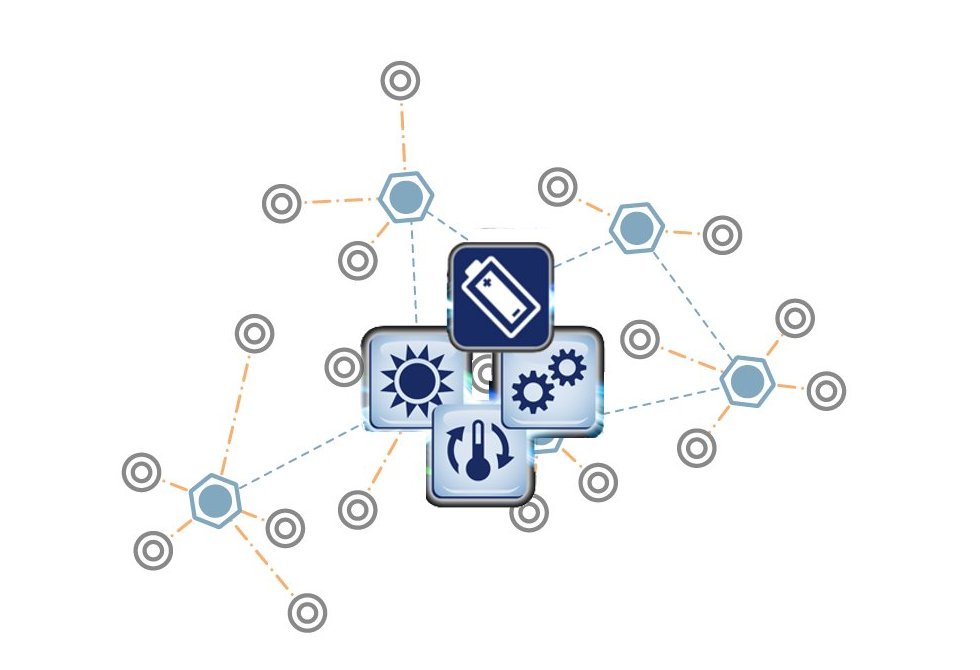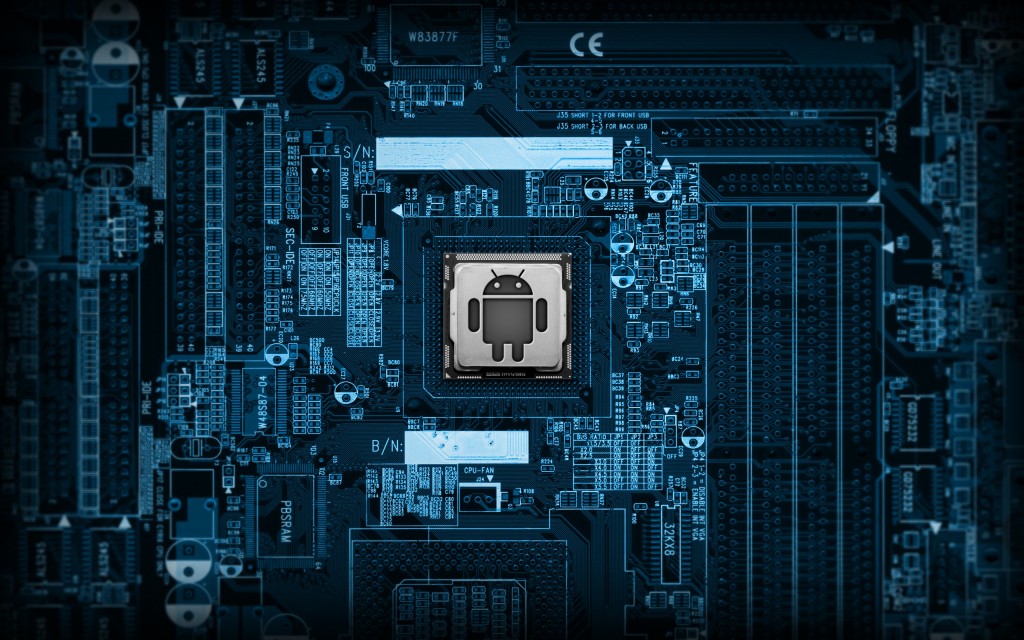Author: Elena Real López
Advisor: Alvaro Araujo Pinto
In recent years we have attended to the development of Wireless Sensor Networks (WSN) and their inclusion in many areas of our daily life. Since nodes are wireless to ensure the ubiquity of the network and in many cases they are also mobile, it is essential to power them with batteries. Moreover, these batteries must be small to fit the size of the device. What’s more, it is customary that the location of the node is inaccessible, so changing batteries is considerably complicated.
This, coupled with the requirements specified above, makes it almost essential to use energy harvesting techniques for ensuring the device power.
The goal of this thesis is the study and the development of various smart energy harvesting techniques to improve the energy supply of wireless devices. In addition, this smart energy harvesting should adapt to the specific needs of the network and to the environment in which it is placed, with the aim to achieve an optimal behavior and a higher benefit.




